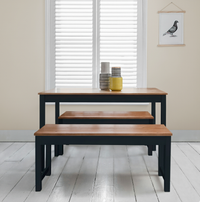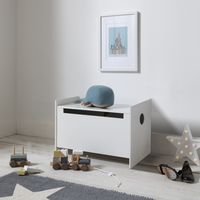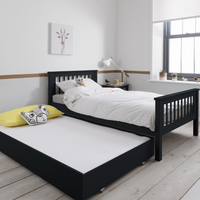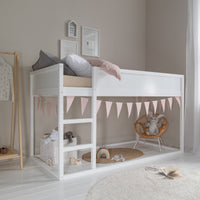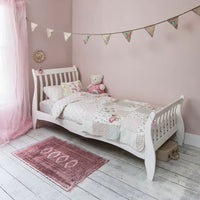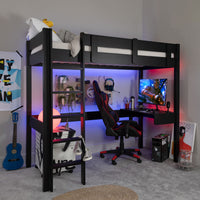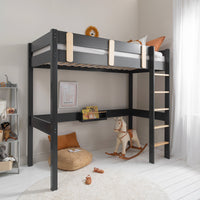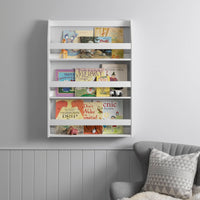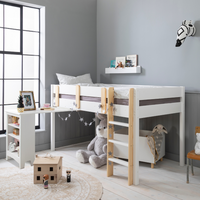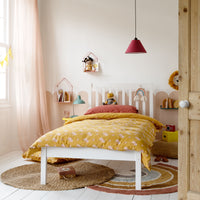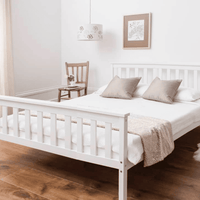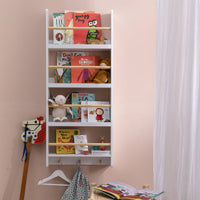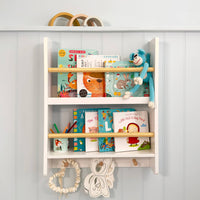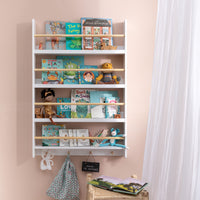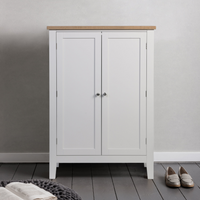When it comes to the question of whether you should let your pets sleep in your bed advice does tend to vary a lot. You're likely to hear anything from a vehement 'don't ever do it' from more traditional dog owners and medical professionals to a slightly sheepish 'yes, it keeps everyone happy' offered up by a huge number of pet owners who like to sleep with their pets each night.
When it comes to your own children though, what’s the best route to take? Here, we look at some of the top worries and why nots for letting dogs and cats sleep on your little one’s bed.
Allergies
If your child suffers from any pet allergies or asthma, the answer should be no. Even if it comforts the child to have the pet around at night and they have been sleeping better, it is still not in their interest to have dogs or cats with them at night.
The sleeping hours give your child the chance of a break from their allergies, and for asthma sufferers, a sleeping situation that does not exacerbate their breathing difficulties.
Disturbed sleep
Some pets may sleep very quietly and still through the night. If this is the case, they should not disturb your child’s sleep. However, if your dog snores, scratches and wriggles about during sleep, it will continually disturb your child. Children with a bad night’s sleep can be moody, easily upset and lethargic - not a good thing for a parent to have to deal with!
Companionship
Dogs and cats can be great companions for children, especially if they are having trouble sleeping, are prone to nightmares or feel scared about sleeping alone. Having someone at the end of the bed to watch over them could be just the reassurance they need to get them to nod off.
Research has shown petting animals to be hugely beneficial for adults and children alike - from helping to battle depression to lowering blood pressure and cholesterol and even helping children with ADHD.
The downside to this is that sleeping with a pet will create a pattern of sleep for your child that always involves the animal being there. So if you head off on holiday without your pet or your child attends a sleepover it could be very difficult for them and you.
Co-sleeping could make kids poorly
Even pets that have had all their vaccinations can harbour germs and disease, which is why medical professionals tend to advise that we don't snuggle up to furry friends while we sleep.
There are lots of illnesses that can pass from pet to people and there have even been extreme cases in the past where children in other countries have caught the plague from fleas on their pets. Yikes! Pets can also carry parasites such as worms.
If you really must share your bed with dogs or cats you ought to ensure they don't slip under the covers with you, are up to date with flea and worming medication and try to keep them at the bottom of the bed away from where you sleep. It's far more hygienic to save them a spot on their own special bed at the side of yours though, which may mean extra training is required.
Unwanted visitors
If you're trying to train your children and pets out of sleeping in the same spot you may find it tricky at first. Some pets can become very needy if they were once allowed to sleep on the bed and are now not. They can end up sneaking upstairs to get on to the bed, giving your child their best adorable stare in order to persuade them to let the new rules fall by the wayside.
A great way to ensure that this can’t happen is with a cabin bed. Having your child on the top bunk takes away the ability for the dog to jump on to the bed and can help you to firmly re-establish the house rules.
Here at Noa & Nani, we have a huge range of cabin beds including cabin beds with tents and high sleeper cabin beds, ideal for keeping unwanted visitors at bay.

